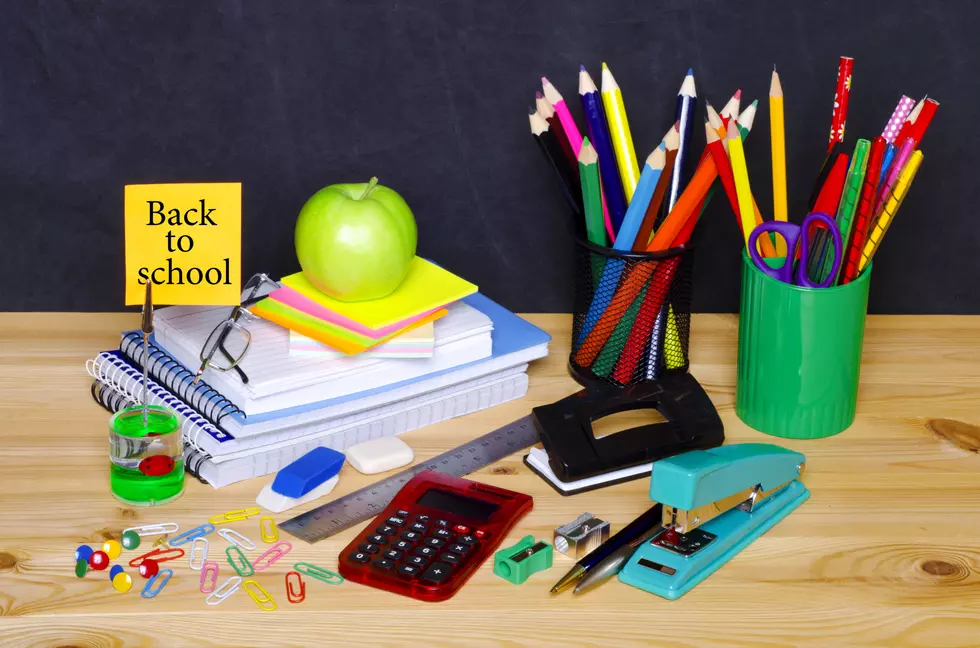
Group wants NJ to raise taxes on wealthy, halt aid to affluent schools
We know that New Jersey schools will have to make, and have been making, changes in order to reopen even partially in less than a month. But because of the adjustments necessitated by COVID-19, a reopening of any scale will cost more for the Garden State, not less, according to the first in a series of reports issued by New Jersey Policy Perspective on Monday.
But the progressive think tank, which says in its mission statement it aims to drive policy change "to advance racial and economic justice and prosperity for all New Jerseyans" says those funding needs can be met
But NJPP says a disparity between wealthy and high-poverty districts is worse than at the onset of the last recession more than a decade ago, rivaling the cavernous divides of the 1990s.
The solution is twofold, the report argues: Raise income taxes on the wealthy, and suspend state aid to the most affluent districts.
"While this current moment is a challenging one that's going to really test our resolve to do those things, we should all remember that we can still do these things. You've just got to make it a priority," Brandon McKoy, NJPP president, said.
Rutgers professor Bruce Baker, one of the initial report's co-authors, said districts that are meeting or exceeding their funding targets have a Black student population of around 8 to 10%, while those whose funding is below adequate have closer to 20% Black students. The numbers for Latinx students are poor across the board.
Compounding that problem, Baker said, is that the same financial disadvantages that are keeping these districts from offering the best educational experience overall compromise the opportunities for quality education through remote learning.
"Many of them have access to far fewer resources, are sharing lower-quality internet service, and (household members) may be having to trade off on that time," he said.
Such concerns, according to NJPP, have been brewing since the spring, when the initial COVID-19 school shutdowns crystallized shortcomings in accessibility, connectivity, and tech hardware in many communities.
"If you want a student in a high-poverty district to have the same opportunity to succeed, you have got to give them more resources," Mark Weber, NJPP special analyst for education policy, said.
And then, there is the matter of maintaining kids' health if and when they do go back.
Baker said New Jersey is already stretched thin as far as its nurse-to-student ratio, which is an ominous sign with frequent access to and deployment of temperature checks or other screenings expected in schools.
"The provision of health services, additional health supervision, these ideally would involve adding significant additional staff to be able to check on kids, to be able to provide support," he said.
The suggestions by NJPP are being made in lieu of increased federal aid to help Garden State schools, assistance the group fears may never come.
More From Townsquare Media News:

7 Ways To Manage Anxiety/Depression During COVID-19 Pandemic
More From 92.7 WOBM










